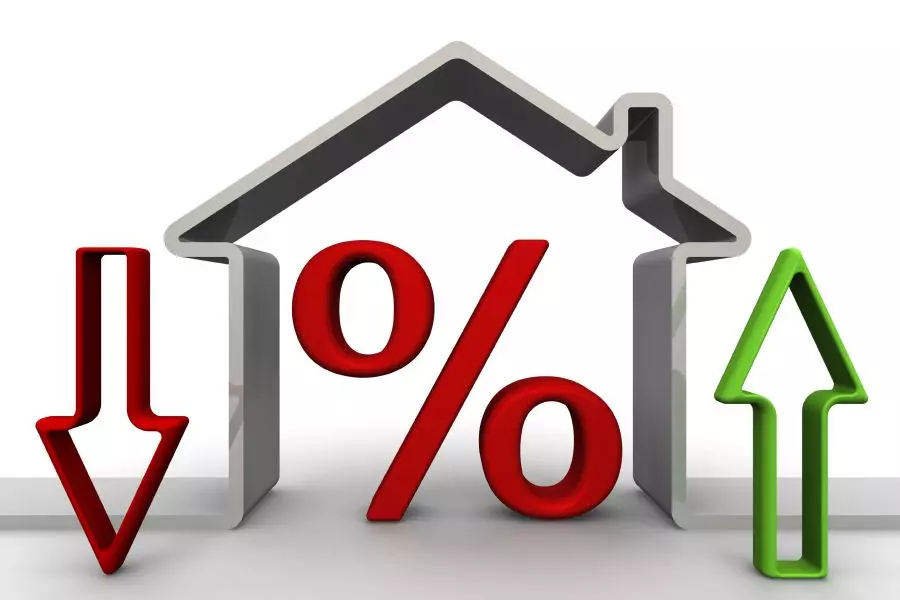News
It’s not just about mortgage rates

Monday 24th of June 2019
New Zealand has never seen mortgage rates as low as they now are – and there’s been a lot of speculation that this situation could re-ignite the cooling housing market, particularly in Auckland.
But in ASB’s latest weekly economic report the bank’s economists cast doubt on this theory.
ASB senior economist Mike Jones says that while talk of an interest ra...
Want to read the full article?
Click the button below to subscribe and will have unlimited access to full article and all other articles on the site.






![[The Wrap] Bye Bye Bayly](https://goodreturns.publit.io/file/c_fill,w_900,h_600/39f23ac1-f7c7-4854-b700-a150004ebbac.webp)


